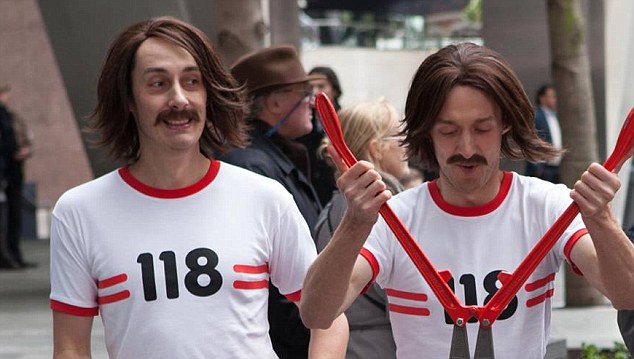Ofcom has announced plans to cap the price on 118 phone numbers.
The communications watchdog has capped calls at £3.65 per 90 seconds, considerably lower than the £20 per 90 seconds that some directory enquiry services are found to have charged.
Ofcom proposed a review into directory enquiry services in 2017. Having completed the review, the watchdog found that 450,000 consumers were paying £2.4 million in total more than they expected to pay for such calls.
The watchdog also found that the prices for these calls have increased over recent years.
“The most well-known DQ service is 118 118 and its prices have risen four-fold for a one-minute call since Q4 2012. It now costs £8.98 for any call up to one minute in length, and £13.47 for a two-minute call. Some other providers charge more than £20 for a two-minute call,” said Ofcom in a statement.
“For consumers on low incomes, a single DQ call of 90 seconds can cost more than their average weekly expenditure on communications services (including post and internet as well as phone services). For example, the amount charged for a 90-second call by the providers of two DQ services – TNUK (118 118) and Maureen (118 212) – equates to 9% of the weekly disposable income for consumers in the lowest 10% of income group.”
The high prices more often affect older people, where researchers found that those aged 65 and over were four times more likely to call 118 numbers than those aged 16-34.
The cap will take place on 1 April 2019.
Jane Rumble, Ofcom’s Director of Consumer Policy, said: “Directory enquiry prices have risen in recent years, and callers are paying much more than they expect.”
“Our evidence shows this is hurting people, with some struggling to pay their bills. We’re taking action to protect callers by capping 118 prices. This will significantly cut the cost of many calls, and bring them back to 2012 levels.”

